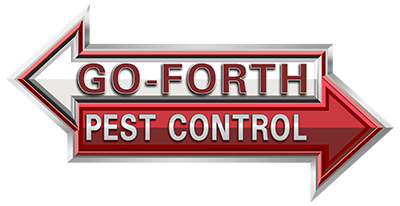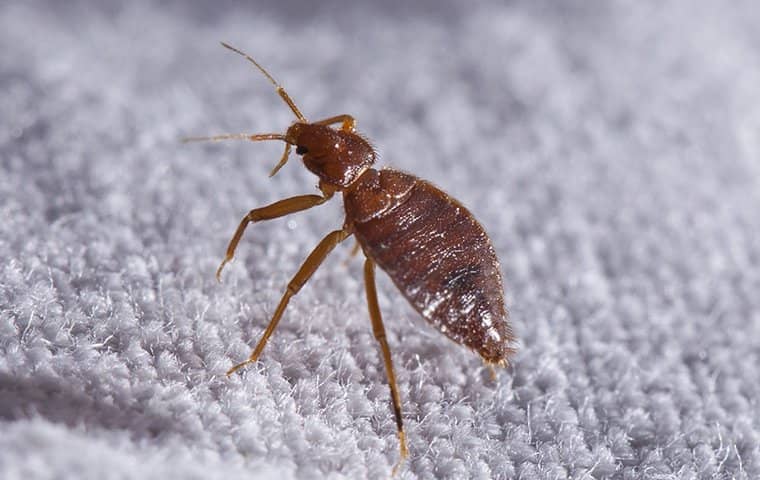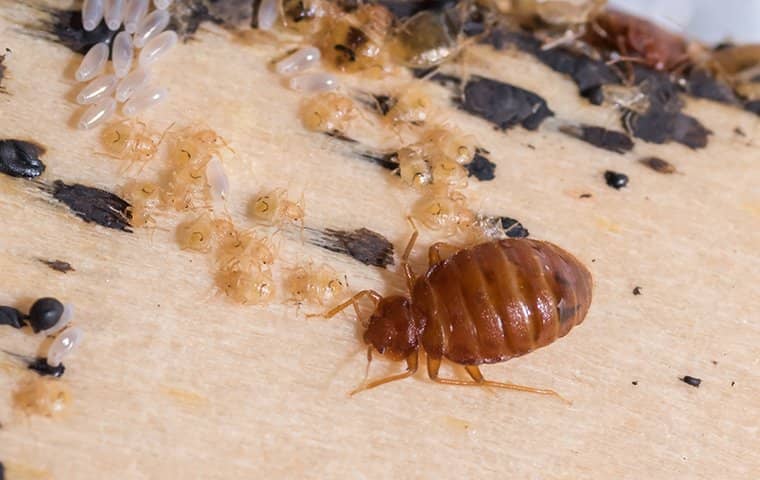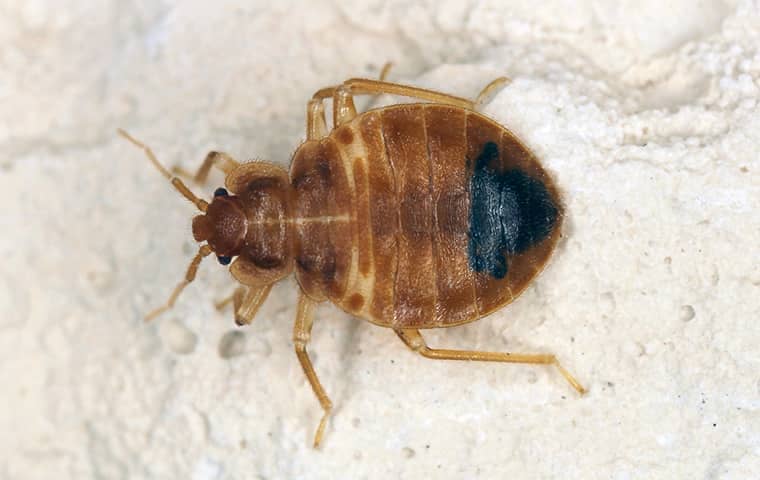Ants are a nuisance. When they get into your home, they can cause a lot of problems. Today, we will discuss some cool facts about ants that you can use to keep them out of your house. We'll also tell you how the professionals at Go-Forth Pest Control solve ant problems. If you'd like to see firsthand, contact us anytime to schedule a service visit. We offer industry-leading ant control in Raleigh. We can help.
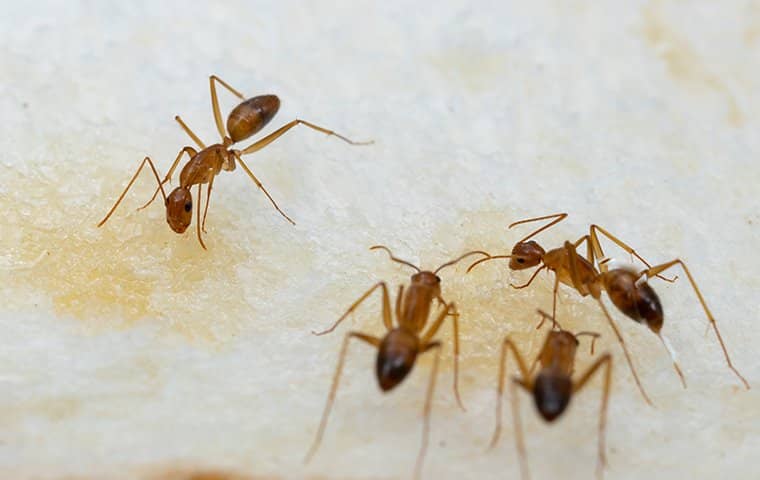
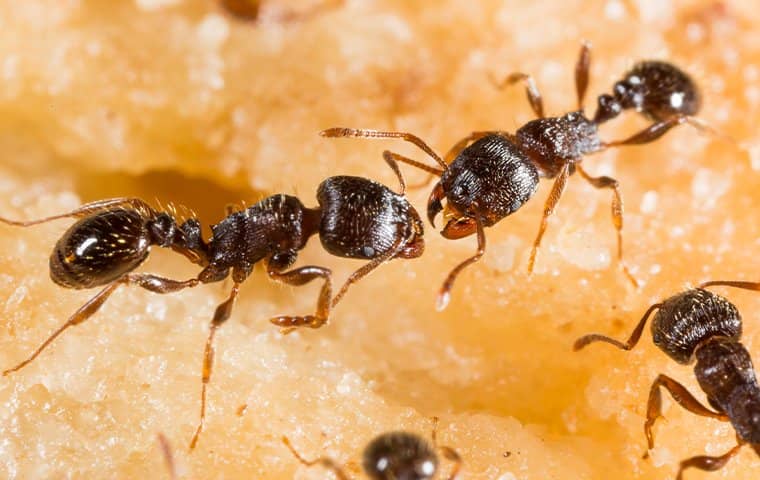
The Social Hierarchy Of Ants: How Colonies Are Structured
We get a lot of questions about ants. One that is particularly interesting has to do with whether or not ants can fly. What do you think? Can ants fly? How about this similar question: Do ants have wings? Some residents even wonder if winged ants are a specific ant species in Raleigh. We can answer all of these questions by starting with a special kind of ant in an ant colony. It is called a reproductive.
Reproductives: In a colony, reproductives help care for the brood, which consists of the eggs, larvae, and pupae. These ants may also help create satellite colonies, smaller versions of the main colony. Reproductives do not have wings at first, but they develop wings as they prepare for their nuptial flight.
Swarmers: Winged ants or swarmers gather together in a swarm during the nuptial flight. But ant workers can also demonstrate smarming behavior. So it is best just to call winged ants alates, which simply means having wings. All winged ants are reproductive ants; that is, they are involved in the reproductive process. Both females and males have wings.
Queens: After mating, female alates become new queens. During this process, they shed their wings and produce their own brood. Depending on the type of ant, they may do this in soil or wood. Once they establish the colony, you're unlikely to see the queen.
Workers: Workers are the most abundant ants in a colony. They are the only ants that collect food but can't eat the food they gather. The workers must bring the food back to the heart of the nest and feed it to the larvae. They can then feed on the liquid nutrients produced by the larvae.
What does all of this mean for ant pest control around your home? Quite a bit, actually. We'll connect the dots in a moment. First, we'll add some important facts to help you better understand the ant pest control picture.
The Life Cycle Of Ants: How Infestations Develop And Spread
There are two ways ants spread from one location to another. The first is obvious because we've already touched on it. When an ant nest matures, it creates alates. These ants leave the nest, take to the air, mate, shed their wings, and start to build new nests. The other way is through a process called budding.
Sometimes, a colony splits. The process is called budding. Ant colonies are prone to budding because most ants have multiple queens in their colonies. During the process, a queen moves out of the main colony and creates a satellite colony. If enough resources are available, the new satellite colony can stop providing resources to the first colony and become entirely self-sufficient—turning it into a main colony.
As ants move into your yard, create main colonies, and split their colonies, have no fear. Ants are mostly good to have in your yard. What are ants good for? They aerate the soil, break down detritus, and help control other pests.
Unfortunately, ants can become a problem when they move from your yard to the voids inside your home. They may do this in either of the ways mentioned above. So, remember this the next time you see a winged ant in your house. That alate may be telling you that you have a nest in your home already, or it may be telling you that it is about to create a nest. Whether or not winged ants can establish a nest in your home depends on the species. The worst home-infesting ants are carpenter ants. They prefer to live in wood, which workers hollow out, one tiny shaving at a time.
Effective Ant Prevention Strategies: Safeguarding Your Home
You now have what you need to know to get started with effective ant prevention. Are you ready to safeguard your home? Great. Let's break down your ant prevention strategies based on the facts we provided.
Seal Your Exterior: You want to make sure flying ants don't find a way into your house. Sealing your home will also deter worker ants from getting inside. Try these strategies:
- Put expanding foam in structural cavities, around pipes, and along gaps between wood timbers.
- Apply patches over damaged areas of your screens.
- Pull old weatherstripping off your exterior doors and put on some new stuff.
- Replace old door sweeps if you can see the light leaking through.
Inspections: It is important to perform routine inspections to catch ant problems early. One way to detect ants is to look for the shed wings left by reproductive alates or the winged ants themselves:
- Search for ant trails and follow them.
- Check for soil leaking out of cracks in your walls.
- Check for frass produced by carpenter ants.
- Look for carpenter ant damage.
- Check for mounds near your foundation wall.
Replacing Rotted Wood: When female carpenter ants create a nest, the workers they produce first target soft wood. Eliminating ideal nesting options in your home can make it harder for them to thrive:
- Replacement is ideal for damaged wood.
- Paint bare wood to deter carpenter ants.
- Use expanding foam or caulking material to seal gaps leading to decaying wood.
- When you see winged carpenter ant swarmers in your home, contact Go-Forth Pest Control.
Control Indoor Food Sources: This is the big one. Ant workers are the most plentiful ants in a colony, and they are strongly motivated by food availability. When one worker finds food in your home, it can mobilize an army of ants to invade your house in a swarm. Practice these chores:
- Clean up food debris in your kitchen and pantry.
- Wipe down counters, shelves, and the bottoms of your cabinets.
- Clean dishes as you go.
- Establish a mealtime for your dog or cat.
- Store certain pantry foods in sealed plastic containers.
Control Outdoor Food: When ants find food sources near your home, they'll establish nests and grow their numbers. Reducing exterior food sources will deter them from spreading from your yard to the interior of your house:
- Get rid of flowering weeds, as these offer a source of sweet nectar.
- Address aphid problems quickly, as they produce honeydew, another sweet food source ants love.
- Keep your trash receptacles covered because ants can find many meals in your garbage.
- Keep lights off at night to reduce the number of insects in your yard. Certain ants eat insects, both alive and dead.
These tips will help reduce ant activity around your home, guard your exterior, and prevent ant infestations. Now that you know how to stop ants from taking over your property, let's examine how to get rid of them in your home. We'll continue building on the facts we've shared so far.
Expert Ant Control: Call Us At The First Sign Of Ants In The House
The primary method for addressing ant infestations is bait. Based on what you've learned, can you guess why bait works so well? It concerns how worker ants get their food from the larvae. Since they have to return to the heart of the colony and give the food they find to the larvae in order to get the liquid nutrients they can eat, the right kind of bait is sure to get the entire colony. The trick is to deploy the bait correctly. If you don't, improper baiting can lead to budding or bait aversion. Budding occurs when the bait works too quickly. Bait aversion happens when it works too slowly. Your pest control technician uses field-tested methods to apply bait and evaluate the effectiveness of the application.
Along with applying bait correctly, giving the ants a bait they will take is critical. Ants have food preferences. Your pest control technician will identify the ants in your home and select the bait currently known to provide the best results for that species.
Bait is only one tool in the belt of your pest control technicians. There are many control products and methods used to arrest ant activity. When you want a complete and comprehensive solution, it is always best to hire the experts.
Are you in Raleigh? If so, you're in our service area. Go-Forth Pest Control is the right choice for dealing with your pest issues. Contact us to learn about our ant pest control services or how you can get ant control as part of your home's ongoing pest control service plan.
There are many ways ants can cause trouble. Be proactive and prevent ant problems before they begin. Contact Go-Forth Pest Control today for ant and general pest control in Raleigh. We have the experience to give you the pest control service you deserve.

